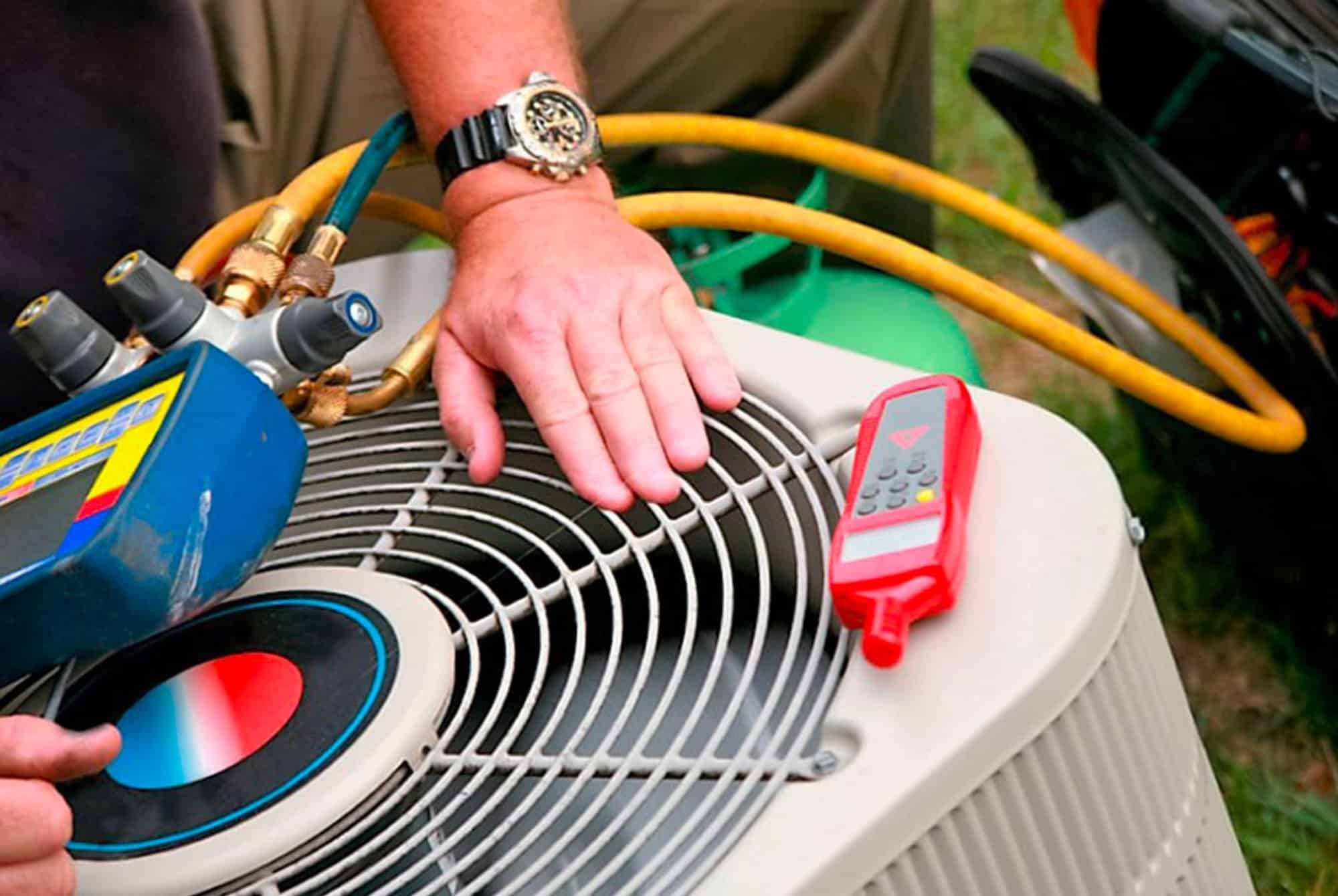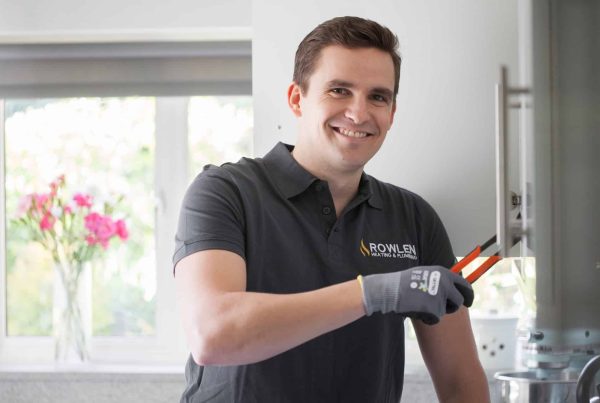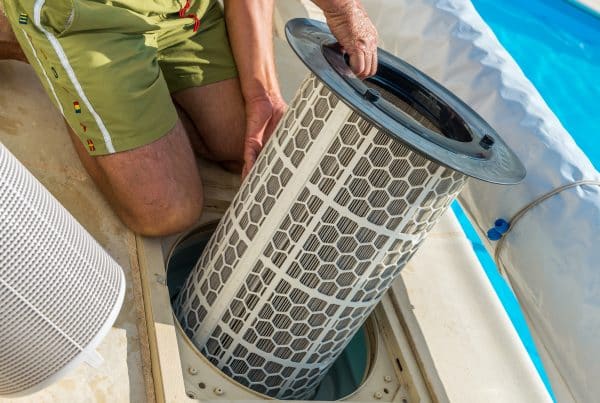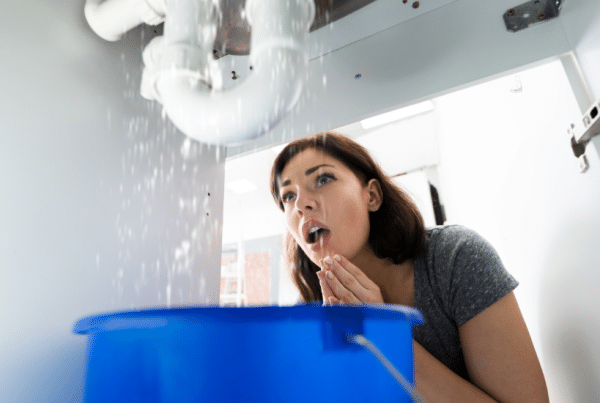When your heat pump hits a snag, it’s not just a hiccup in your comfort—it can disrupt your entire routine. You’re probably wondering about the signs that signal it’s time for a repair and who to call for reliable service. Don’t worry, you’re in the right place to get the lowdown on heat pump repair services.
Understanding the ins and outs of heat pump repair is crucial, especially when you’re facing a system breakdown. In this article, we’ll dive into common issues, DIY fixes, and when to seek professional help. Stick around to uncover how to ensure your heat pump gets back to warming or cooling your space efficiently.
Benefits of Regular Heat Pump Maintenance
Maintaining your heat pump on a consistent basis is an investment in the efficiency of your home’s heating and cooling system. Regular maintenance ensures that your heat pump operates at peak performance, delivering a range of benefits that can’t be ignored.
Increased Energy Efficiency
One of the most compelling reasons to keep up with heat pump maintenance is the improvement in energy efficiency. A well-maintained heat pump doesn’t have to work as hard to heat or cool your home, which translates into:
- Lower energy consumption
- Decreased utility bills
- Reduction in your carbon footprint
Routine checks can reveal issues like dirty filters or blocked ducts that might be straining your system, allowing you to address these problems before they escalate.
Improved Indoor Comfort
Your home’s comfort level is directly linked to the functionality of your heat pump. Regular maintenance can ensure that you’re getting:
- Consistent temperatures across rooms
- Suitable humidity levels
- Enhanced air quality
Neglecting necessary upkeep can lead to inconsistent heating or cooling, making some rooms less comfortable than others. By staying on top of maintenance, you’re ensuring that your indoor climate remains steady and pleasant year-round.
Extended Lifespan of the Heat Pump
Much like any other major appliance, a heat pump’s longevity is influenced by how well it’s maintained. Regular servicing can lead to:
- Fewer breakdowns
- Reduced need for costly repairs
- Long-term savings
An adequately maintained heat pump can serve you effectively for many years, potentially extending its lifespan well beyond the average expectancy. This makes regular maintenance not just a task, but a smart financial strategy for the long haul.
Signs of a Malfunctioning Heat Pump
When you rely on a heat pump to keep your home comfortable, you need to be vigilant for any signs that it might be malfunctioning. Detecting these signs early can save you from a bigger headache down the road.
Reduced Heating or Cooling Output
One sign that should immediately catch your attention is a Reduced Heating or Cooling Output. If the heat pump isn’t delivering the comfort level you’re used to, there’s a good chance something isn’t right. Reduced output can be a symptom of:
- Low refrigerant levels
- Clogged filters
- Faulty thermostat
- Ductwork leaks
Don’t overlook this issue as it can lead to more significant problems if left unattended. Check for any obvious issues like a dirty filter or incorrect thermostat settings. No luck? It’s time to contact a professional.
Strange Noises or Odors
Your heat pump should run smoothly with minimal noise. So when you start hearing grinding, squealing, or rattling noises, it’s an unequivocal hint that your system needs attention. The causes can be varied but often point towards:
- Loose components
- Worn out bearings
- Debris in the system
Likewise, you shouldn’t ignore unpleasant odors originating from your heat pump. Musty smells might indicate mold presence within the unit or the ductwork, while a burning odor could signal an electrical problem. In any case, noises and smells are a distress signal from your heat pump.
Frequent Cycling On and Off
Another hallmark of heat pump problems is frequent cycling. A heat pump that continuously turns on and off, also known as short cycling, indicates that it’s not operating efficiently. Potential reasons for this behavior include:
- Oversized equipment
- Electrical malfunctions
- Thermostat glitches
Short cycling can put undue stress on your heat pump, leading to premature wear and tear. It can also erode your system’s energy efficiency and your indoor comfort. Don’t take chances with short cycling; skilled technicians should evaluate the situation to determine the underlying cause.
DIY Heat Pump Troubleshooting
When your heat pump starts acting up, don’t panic. Before reaching out to a professional, there are a few troubleshooting steps you can take on your own. Not only could they save you money, but you’ll also gain a deeper understanding of your home’s heating and cooling system.
Checking the Thermostat Settings
Your thermostat is the brain of your HVAC system, so start there. Ensure it’s set to the correct mode – heating or cooling – for the current season. Verify the temperature settings are where they should be. Sometimes, the solution is as simple as replacing the batteries or making a quick settings adjustment. Incorrect configurations or a malfunctioning thermostat can lead to apparent heat pump failures.
Cleaning or Replacing the Air Filters
Airflow restrictions can seriously hinder your heat pump’s performance. Check your air filters every 30 to 60 days. If they’re clogged with dust and debris, your system has to work harder, which can cause problems. To clean a reusable filter, simply rinse it with water and let it dry completely before reinstalling. For disposable filters, have a new one ready to swap in, keeping your air quality and heat pump efficiency optimal.
Clearing Debris from the Outdoor Unit
A blocked outdoor unit can’t exchange heat effectively. Make sure there’s at least 18 to 24 inches of clearance around it. Remove leaves, twigs, and dirt that may obstruct airflow. Regularly cleaning around the outdoor unit ensures it operates efficiently and helps you spot potential issues before they escalate into bigger problems. Remember to shut off the power to the unit before performing any maintenance to avoid injuries.
When to Call a Professional Heat Pump Repair Service
The state of your heat pump is critical to your home’s comfort and efficiency. While some issues can be tackled with DIY efforts, there are instances where professional repair services are non-negotiable. Recognizing when to make the call can save you time, money, and the stress of enduring a malfunctioning heat pump.
Complete System Failure
When your heat pump experiences a Complete System Failure, it’s a clear indicator that professional assistance is needed. This is characterized by your unit not turning on or failing to produce any heating or cooling. Before calling a technician, ensure that your thermostat is set correctly and that there are no tripped circuit breakers. If these elements check out and the system still isn’t operational, it’s crucial to contact a professional. A complete system failure could stem from various issues, including motor failure or a compromised compressor, both requiring expert diagnosis and repair.
Refrigerant Leaks
Refrigerant is the lifeblood of your heat pump, essential for the transfer of heat. If you suspect a refrigerant leak, indicated by hissing sounds, ice on the evaporator coils, or a noticeable decrease in heating and cooling efficiency, it’s time to call in the experts. Containing and repairing refrigerant leaks is not a DIY job, as proper handling of the refrigerant is required by law due to its environmental impact. Professionals have the necessary equipment to safely locate and repair the leak, and ensure your system has the correct refrigerant charge.
Electrical Issues
Heat pumps rely on intricate electrical systems. If you’re noticing frequent tripping of circuit breakers, your heat pump repeatedly starts and stops, or there is any evidence of burned wires or electrical odors, it’s imperative to seek professional help. Electrical issues can pose significant safety risks and may indicate deeper problems within your system’s components. An expert technician can identify and resolve such issues, ensuring your heat pump is both safe and functional. Electrical troubleshooting and repairs should always be conducted by a qualified professional to prevent the risk of electrical fires or further damage to your heat pump.
By understanding these signs and responding promptly, you can maintain the integrity of your heat pump and enjoy uninterrupted comfort in your home.
Choosing the Right Heat Pump Repair Service
Credentials and Certifications
When scouting for heat pump repair services, the first thing to check is their credentials. Licensed professionals are a must as they indicate that the service provider has met the necessary industry standards. Certifications, such as those from North American Technician Excellence (NATE), serve as an assurance of quality. They show that the technicians have undergone rigorous training and testing to sharpen their skills. Always ask to see their proof of certification and verify that it’s current. This isn’t just about ensuring great service; it’s about safeguarding your investment too.
Experience and Expertise
Next, evaluate the provider’s experience and expertise in the field. A company that has been in business for a significant period likely has a track record that speaks to its competence. Experienced technicians will have encountered a wide array of heat pump issues, which means they’re better equipped to troubleshoot and resolve complex problems. Check out customer reviews and testimonials looking for mentions of skillful diagnoses and effective repair strategies. Don’t shy away from asking the service provider about specific experiences with your heat pump’s make and model.
Availability and Response Time
Lastly, consider the availability and response time of the repair service. Heat pump issues can strike at any hour – so having a service provider who offers 24/7 emergency repair can be crucial. Ask about their average response timeand whether they guarantee same-day service. You need someone who can not only respond quickly but also deliver accurate and fast repairs to restore your home comfort. Quick response times can prevent further damage to your system, ensuring it gets back to running efficiently as soon as possible.
Conclusion
You now understand the crucial role regular maintenance plays in keeping your heat pump running efficiently and the red flags that signal it’s time for a professional check-up. Remember, addressing issues early can save you from hefty repair bills and ensure your system operates at peak performance. When the need for expert repair services arises don’t hesitate to vet potential technicians thoroughly—checking their credentials and ensuring they have the expertise to handle your specific heat pump issues. By choosing the right professionals you’ll guarantee your heat pump is in capable hands ready to provide you with comfort and efficiency all year round.








